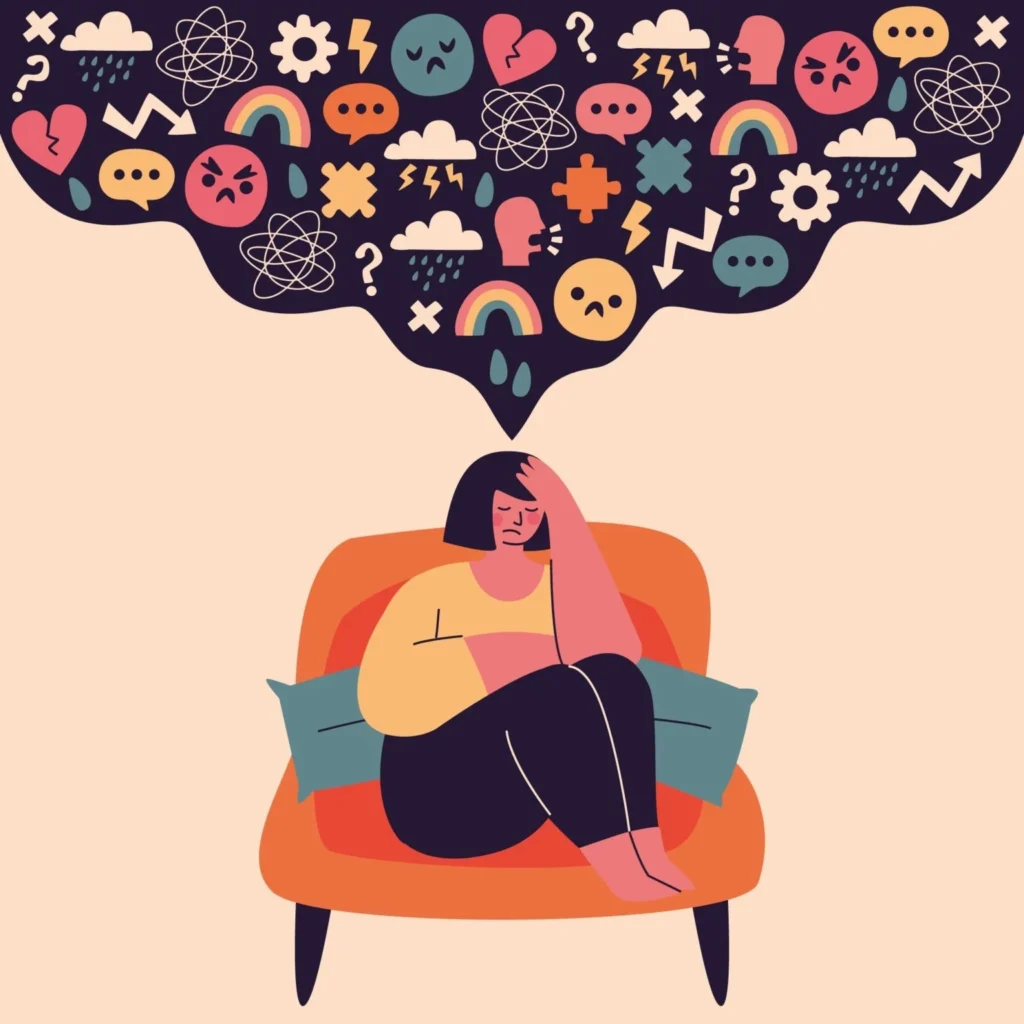
Trauma makes a way to disrupt our lives when we least expect it. We rarely see it coming and never know for how long its after-effects will last.
Trauma can sneak up on us because of several factors such as death, war, conflict with a partner, criminal or domestic violence, neglect, or abuse of any kind. After a traumatic event happens, we can never be the same person as before. However, online counseling, teen counseling, marriage counseling, or other coping strategies might help you deal with post-traumatic stress disorder.
What Does Trauma Feel Like?
Life often takes unexpected twists and turns. At times, we may find ourselves unable to
understand what’s going on in our lives. When you experience such a traumatic event, you may
develop physiological and psychological symptoms like:
o Intrusive thoughts, nightmares, and vivid flashbacks
o Physical sensations such as pain, sweating, and trembling
o Panic attacks at the slightest reminders of the trauma
o Hypervigilance or disturbed sleeping patterns
o Dysfunctional and aggressive behavior
What Happens When You Process Trauma?
Processing such a traumatic event or a series of events may feel like you are fighting an internal
battle. You ought to dig deep into yourself to discover the source of trauma and find a defense
mechanism to get back on track. Initially, you might feel exhaustion, anxiety, depression,
numbness, or agitation. While processing a trauma, you might also indulge in drug addiction or
self-harm practices to counter the effects of a traumatic event. All this will only leave you more
sensitive and delicate to post-traumatic stress disorder.
Coping Strategies to Deal with the After-Effects of Trauma
The effects of trauma may vary from person to person. It depends on your age, stage of
development, the type of trauma you are dealing with, and the severity or frequency of the
exposure. So, it is impossible to come across the concrete strategies that everyone who
experiences trauma can adhere to address the issues. Yet, there are time-tested strategies and
thought-provoking activities one may consider for coping with trauma.
Creating a Safe Space
There are places where you feel safe. You may consider visiting those places more often and fill
them with the things that provide comfort to you. If such a place is not accessible, you may
create a safe space within your mind by thinking about the pleasurable memories of the past. It
will divert your attention from the stressful memories for the time being.
Grounding Strategies
It can be anything that works for you. You can try relaxation breathing, mediation, mindfulness,
yoga, book reading, or any other activity that interests you. Such activities help you stay in the
present moment.
Developing Secure Relationships
Having trusted persons around you is crucial as they can make you feel safe. Such a person could
be a parent, sibling, close friend, partner, or online therapist. They will provide you with solace
and comfort of mind. Lean on these good people in your life, and ultimately, you will feel better.
Eating Healthy Diet
Most survivors of trauma develop unhealthy eating habits. They start using drugs and drinking
alcohol as a coping strategy, though this practice is not good. These may relieve your stress
temporarily but can make your traumatic stress worse in the long run. Remember, your body
should be well-nourished to cope better. Start your day with a good breakfast, add fruits and
vegetables to your diet, and increase your water intake.
Building in Regular Exercise
Doing exercise on a regular basis can help you much to deal with traumatic incidents. It balances
our nervous system, stimulates the production of happy hormones, and improves our blood
circulation system. Even a 15-minute daily walk can make a difference in your situation.
Self-Understanding
You will be a different person as a result of this traumatic event. You need to understand things
that are good about the change and make a list of undesirable things resulting from the trauma.
Understanding your present state of mind will help you work around the issues and reframe them
as a growth opportunity.
Self-Empathy and Compassion
At times, it is normal to have emotional outbursts. You ought to try to find why these outbursts
occur and why you respond in a certain way. Developing empathy and self-compassion will
lessen the intensity of your trauma.
Final Thoughts
When individuals undergo a traumatic event, they are more prone to feel triggered by a situation
or an environment. Survivors also fear betrayal or mistrust. These are all normal feelings when
you are coping with trauma.
One of the best ways to deal with post-traumatic stress disorder is to develop a self-protective
the mechanism through online therapy. Without a doubt, an online counselor or therapist can better
help you recover from the harmful effects of a traumatic event.
